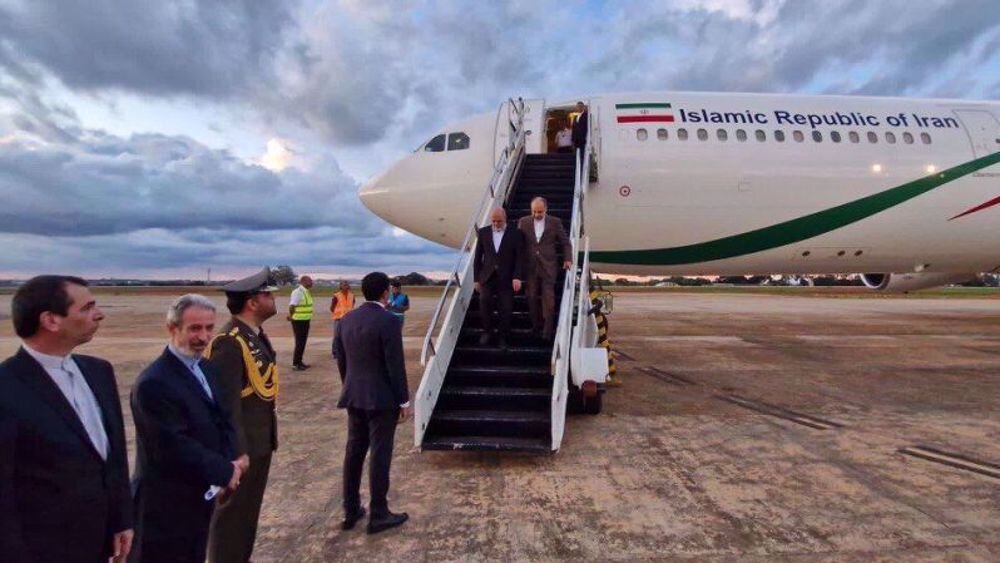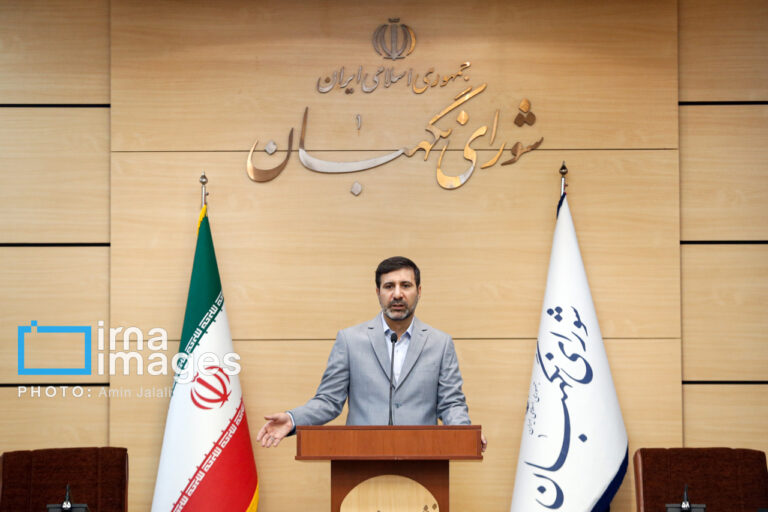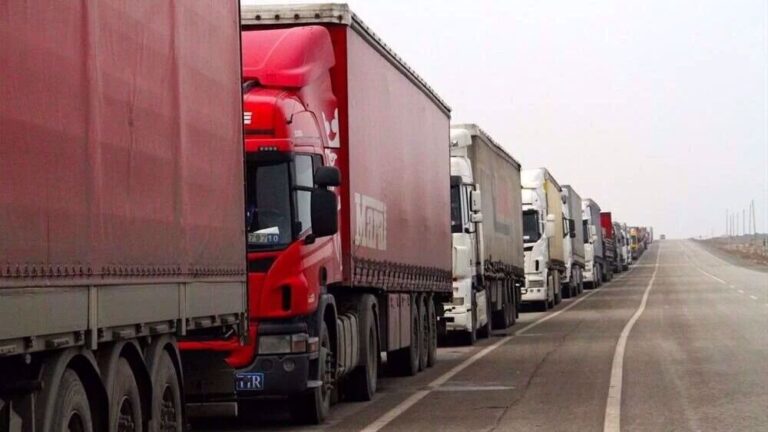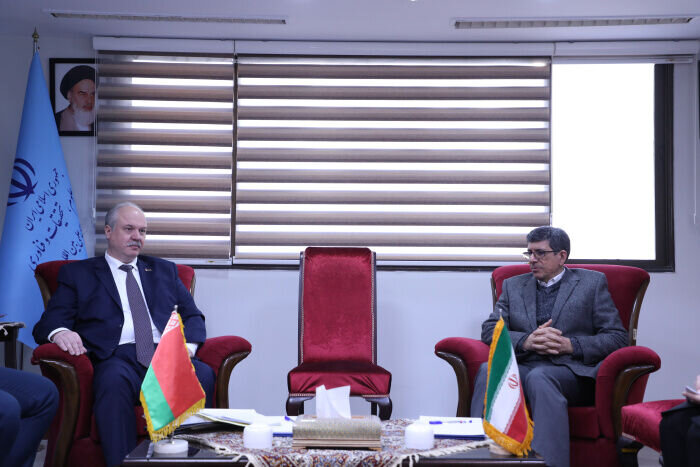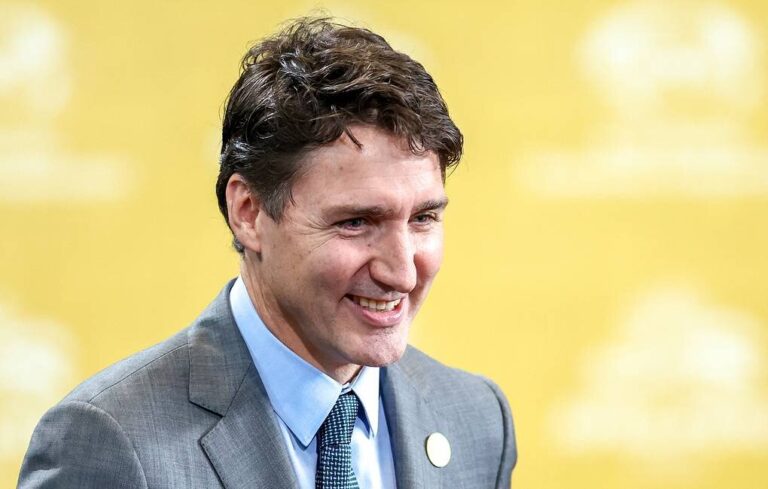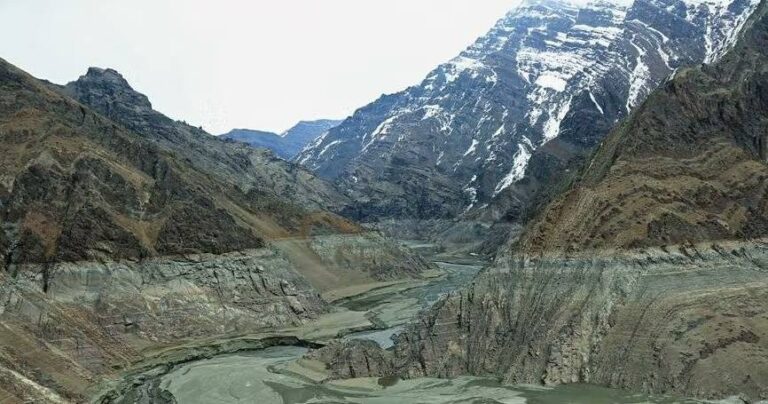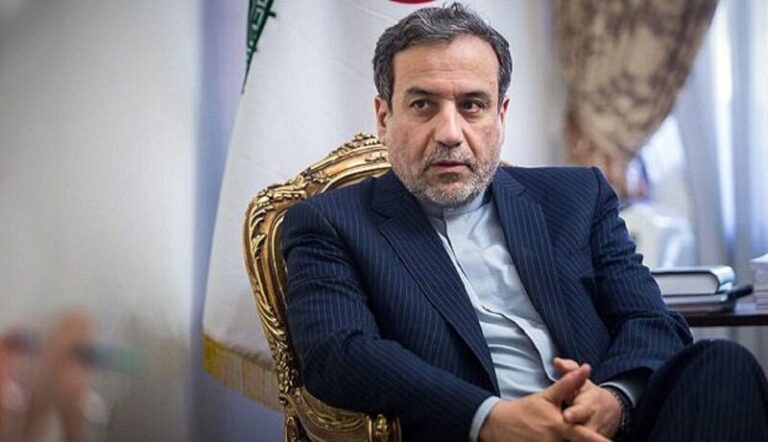Iran’s Ahmadian Lands in Brazil for High-Stakes BRICS Summit
In an important diplomatic mission, Iranian official Ahmadian is set to participate in high-level meetings in Rio de Janeiro, aimed at strengthening security and economic cooperation among BRICS nations. This gathering of the 10-member intergovernmental organization will focus on crucial discussions regarding political dynamics in West Asia and the evolving landscape of international relations.
According to Press TV, Ahmadian’s agenda will encompass a series of bilateral and multilateral negotiations with representatives from various member states. The discussions will emphasize:
- Security cooperation among BRICS nations
- Political relationships and strategies in West Asia
- Economic collaboration to foster growth and development
Brazil is set to hold the rotating presidency of BRICS in 2025, which will further enhance its role in hosting significant meetings related to this influential international organization.
BRICS, originally formed by the founding members Russia, Brazil, India, China, and South Africa, has recently expanded to include Egypt, the United Arab Emirates, Ethiopia, Indonesia, and Iran. This expansion underscores the group’s commitment to inclusivity and representation of the Global South.
Moreover, the expanded BRICS group now includes nine partner countries such as:
- Bolivia
- Cuba
- Belarus
- Malaysia
- Nigeria
- Kazakhstan
This status provides these nations the opportunity to engage with BRICS initiatives and benefit from collaborative projects. Additionally, countries like Turkey, Azerbaijan, and Malaysia have officially expressed their interest in joining BRICS, showcasing the growing appeal and influence of this collective.
Since its inception after World War II, BRICS has aimed to enhance the representation of the Global South in major international organizations. The objective is to strengthen cooperation among developing and emerging economies, addressing the challenges they face in a world often dominated by a few hegemonic powers.
Currently, BRICS represents a staggering 3.5 billion people and boasts a combined economy exceeding $28.5 trillion, which constitutes about 28 percent of the global economy. This economic clout positions BRICS as a significant player in global politics and economics.
The upcoming gathering will take place against the backdrop of increasing calls from Global South nations, including BRICS members, to reconfigure the existing world order. Many are advocating for a shift away from a system that has disproportionately favored a select few, notably the United States, toward a more equitable international framework.
In conclusion, the meetings in Rio de Janeiro are more than just diplomatic engagements; they symbolize a concerted effort by BRICS nations to unite and advocate for a more balanced global landscape. As they pave the way for future collaborations, the discussions are expected to yield significant outcomes that could reshape international relations in the years to come.
With a strong focus on cooperation and mutual growth, the BRICS summit is poised to play a pivotal role in the socio-economic development of its member states and the broader Global South.
